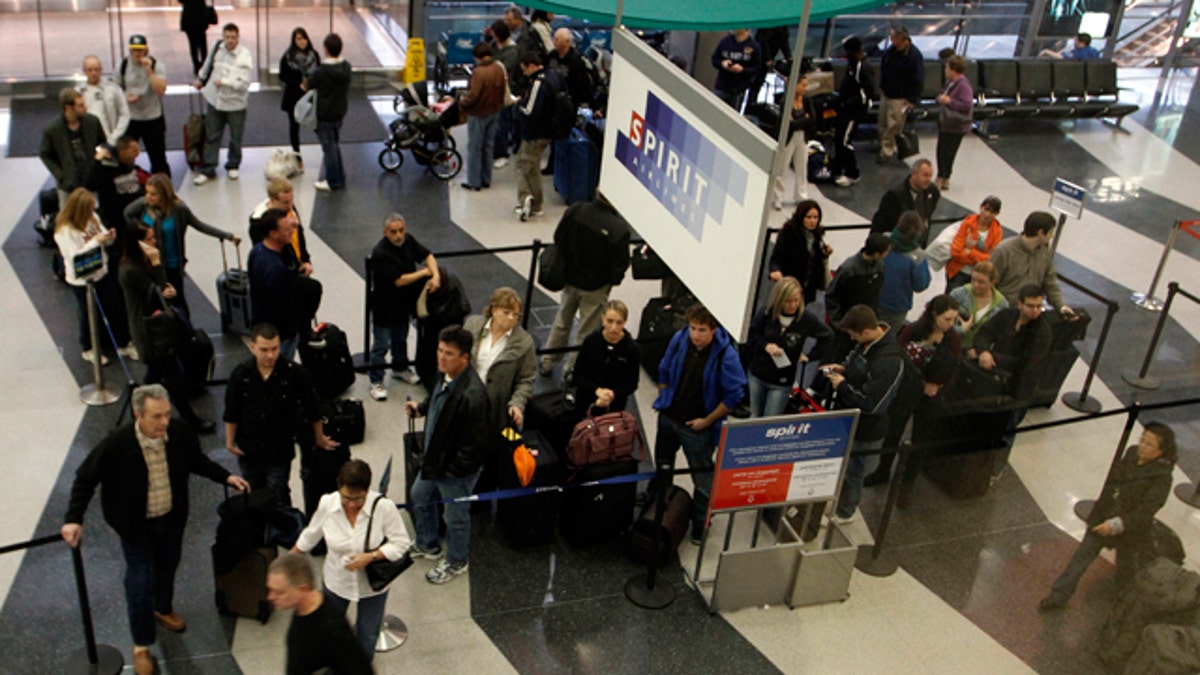
(Reuters)
New consumer protection rules intended to enhance international travel for fliers by limiting tarmac wait times and compensating passengers for denied boarding will go into effective on Tuesday.
Under the mandates by the U.S. Department of Transportation, airlines must let passengers deplane if an international flight is to remain on a U.S. tarmac for more than four hours, pay customers a higher compensation fee if they are denied boarding or bumped from flights, and disclose all fees for optional aviation services prominently on carriers web sites.
Published in the Federal Register on April 25 and expanded from rights initially passed by the agency in December 2009, the new terms seek to improve the air travel environment for consumers, according to the Department of Transportation.
On Tuesday, a greater number of carriers and airports will be required to adopt tarmac delay contingency plans and adhere to the new terms. Those carriers will also be forced to report tarmac delay information to the department.
The rules were initially slated to go into effect six months ago, but were delayed at the request of U.S. and foreign carrier associations and a travel agent association, which argued compliance couldnt be reached at the earlier date without undue cost to the airlines and confusion to the traveling public.
The carrier associations claim the delay was necessary to develop additional systems and make programming changes to ensure offices and employees were aware and trained on the changes.
The department also decided to postpone additional new requirements to January 24 related to increases in baggage fees, post-purchase price increases, full fare advertising and flight status changes such as delays and cancellations.
The new effective date, which was moved from October 24, followed requests from three U.S. airlines and several associations.
Allegiant Air (NASDAQ:ALGT), Spirit Airlines (NASDAQ:SAVE) and Southwest Airlines (NYSE:LUV), which claim it is unlawful to force carriers to display government taxes and fees in advertised ticket prices, argued the new rules should be put off until the U.S. Court of Appeals reviews their petition against the new terms.
Both Spirit and Allegiant are also fighting the without-penalty reservations, inability to raise prices post-purchase and advertisement of baggage fees on e-ticket confirmations.
The transportation department said it believes the three-month delay will provide airlines ample time to comply with the requirements.
